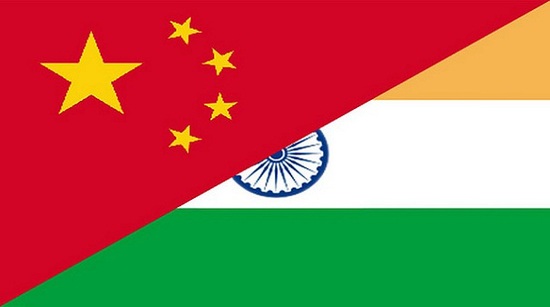One of the key features of the end of the “American Era” will be the rise of regional powers that seek to expand their respective spheres of influence. As the United States will slowly retrench (see Parent’s and MacDonald’s article on how this might look like) rising powers such as China, Brazil, South Africa, Turkey and India are seeking to expand the region they define as their “core national interest”. Turkey is seeking to strengthen its presence in the region and North Africa, China is making ever bolder claims regarding the South Chinese Sea, and India has overhauled its neighborhood policy and now reaches out to several countries across Asia. In a similar manner, South Africa wields considerable influence in Sub-Saharan Africa. Brazil’s claim to regional leadership is rarely expressed explicitly, but there is little doubt among its neighbors that Brazil has become South America’s undisputed leader.
Brazil is fortunate in that it faces no serious contender to its claim to regional leadership. In a similar way, the United States had the privilege to rise without facing any significant obstacles in its immediate vicinity. This matters greatly for a country’s ability to project global power: As Stephen Walt explains in a recent blog post, enjoying security at home allows countries to engage in far-flung areas. If Brazil faced acute security threats at home (say, a border dispute with Argentina), it could dedicate much less time towards engaging in the Middle East (an endeavor that requires a considerable part of Brazilian policy makers’ attention).
Whenever two rising powers sit next to each other, the chance for conflict greatly increases as their growing spheres of influence quickly overlap – one of the main reason why Europe’s history is full of bloody wars. This unfortunate constellation now becomes increasingly visible in Asia, where a rising China and a rising India begin to claim influence over the same regions. After India and Vietnam agreed to jointly explore oil in the South China Sea in 2011, an aggressive op-ed in The Global Times (a Chinese newspaper) accused India of “poking its nose where it does not belong.” China is busy creating alliances with India’s neighbors, while India has – to China’s dismay – begun to strengthen ties with Japan, Australia, and the United States. While trade between India and China is growing, this alone may not be enough to prevent an escalation – as World War I made abundantly clear. Similar to today’s China and India, Imperial Germany felt “encircled” – a word analysts from both China and India use with growing frequency.
Five things make this trend particularly worrisome. First, China and India have been at war before – in 1962 – and the resulting border dispute is yet to be resolved. Secondly, Asia lacks strong regional institutions that could serve as a platform to resolve future problems (many exist already, ranging from issues around the Dalai Lama and Pakistan to the Nuclear Suppliers Group). Thirdly, both countries are extremely resource-hungry and could soon clash over how to share them in times of scarcity. Fourthly, China and India will soon be the world’s first and third largest economies, so any armed conflict between the two would plunge the world into recession. And finally, both countries possess nuclear weapons, which points to potentially disastrous consequences for its combined 2.5 billion inhabitants. While both Manmohan Singh and Xi Jinping have been wise enough to keep tensions at a minimum, it remains to be seen whether both countries’ future leaders won’t repeat the same mistakes Europe’s leaders made a century ago.
Sign up here to receive the weekly Post-Western World digest
Read also:
Book review: “What does China want?” by Matias Spektor and Dani Nedal (orgs.)
Book review: “The Party: The Secret World of China’s Communist Rulers” by Richard McGregor
Can Brazil learn to manipulate China?
photo credit: tvnewswatch/flickr










